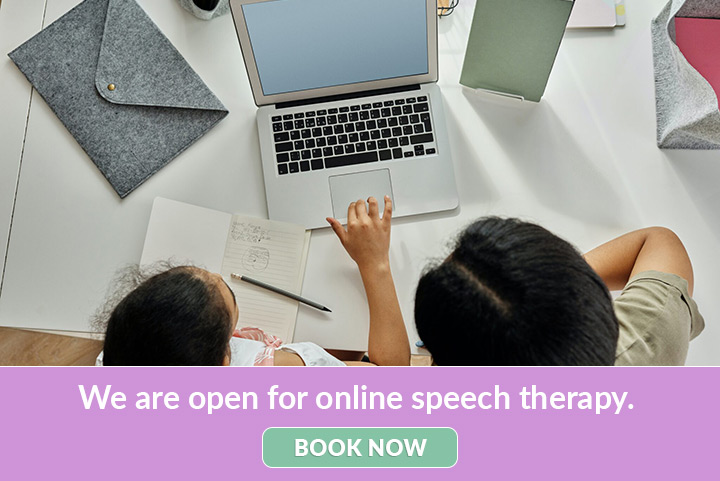Many people who have an intellectual disability or A.S.D., have difficulty in communication. They may find it hard to understand what is said to them and may have difficulty in expressing themselves. Their speech may be difficult to understand and some people may not develop speech.
Communication is more than just using speech and language. There are many less obvious skills involved, which are equally important to the development of communication. Some of these are listening, Symbolic/Pretend Play, Oral skills, Eye contact, Facial Expression, Taking Turns, Gesture and Pointing.
People with intellectual disability and/or A.S.D., may need help to develop these skills. They may also need to learn other means of communication, such as signing, use of pictures and communication aids to help them achieve their communication potential. Speech and Language Therapists also work on developing the skills of the carers and staff working with people with communication disorders.
Speech and Language Therapists assess, diagnose and provide therapy to people with communication disorders. We may also work in the area of eating, drinking and swallowing difficulties. The Speech and Language Therapists work as part of a team, which may include: Parents, Carers, Teachers, Pre-school Therapists, Psychologists, Psychiatrists, Occupational Therapists, Home Support Workers, Special Needs Assistants, Physiotherapists, Nurses, Social Workers and other complementary therapists.
The therapy process may include:
- Individual Education Plans and other Multi-Disciplinary child centered plans.
- Individual or group based programmes,
- Supported home/school based programmes,
- Parent/carer education programmes.
Therefore therapy input may be direct, or indirect through families/carers and/or other staff. Training of staff and families/carers is an intrinsic part of Speech and Language Therapy service delivery.

